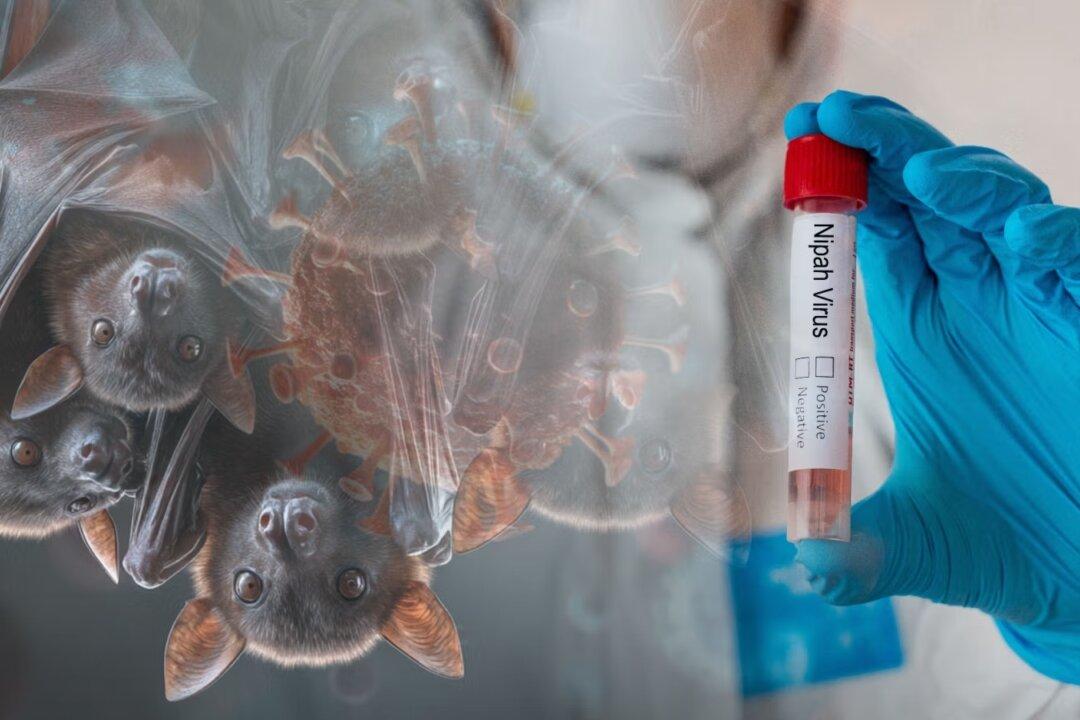Commentary
‘Global Health’ is confusing. A few short years ago community participation, disease burden, resource allocation, and human rights dominated its decision-making processes. Causes such as improving childhood nutrition, empowering minorities, and protecting girls from enslavement and mutilation were acceptable battles to fight.





